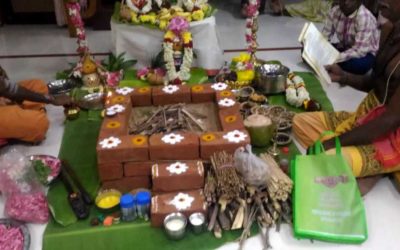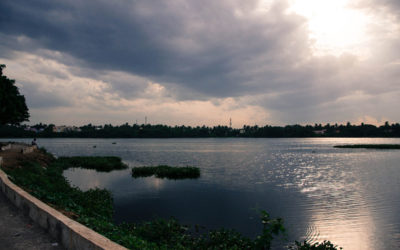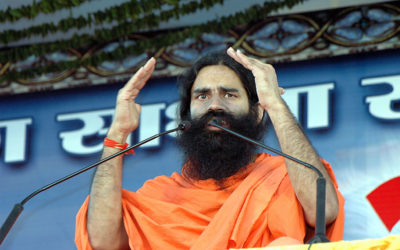As per the earlier judgment, SC identified the terms Hinduism/Hindutva as, “indicative more of a way of life of the Indians and is not confined merely to describe person’s practicing the Hindu religion as a faith.” To support this proposition, two previous ruling have been cited of 1966 and 1976, which claimed to indicate the term Hinduism as culture and not only religious practices.
On the basis of this judgement, political parties could securely campaign in the direction to garner support from religious communities by extending promises to defend their religions, and to fulfill their demands. In the 1996 party manifesto, BJP quoted this ruling to justify their promise of building temple on Ram Janmabhoomi as non-communal. It’s well known that based upon this, party could secure country wide unprecedented rise in subsequent general election. On the other side, for allegedly several misuses of this verdict, finally it led to many doubts and criticisms over its applicability and scope.
Original Case
The famous case of 1995 on Hindutva was about adjudication over the appeals filed by Ramesh Prabhoo, Manohar Joshi, Ramchandra & Ors. whose elections were declared void by High Courts for using religion to canvass the votes.
An appellate and former CM, Manohar Joshi’s election was set aside by Bombay HC, as in one of his speech he admittedly claimed that “the first Hindu State will establish in Maharashtra.” But on the contrary to HC, SC observed that a mere statement that the first Hindu State will establish in Maharashtra by itself is not an appeal for votes on the basis of religion and considering this ground, his election was restored.
In the another matter of Prof. Ramchandra Kapse, a BJP candidate in his manifesto, there was an appeal for votes on the name of Ram Janambhoomi – Babri Masjid issue. Here, SC acquitted the candidate from the accusation of corrupt practice, as used manifesto was of the party which registered by Election Commission. So it was considered that EC would already do compliance of manifesto with Representation of the People Act.
Another appellate, Dr. Ramesh Prabhoo had appealed the Bombay HC order of 1989 through Ram Jethmalani in which his Maharashtra Assembly election as Shiv Sena candidate of 1987 from Vile Parle Constituency was declared void. He along with Shiv Sena (the then unregistered) supremo Shri. Bal Thackeray was found guilty of the charges of ‘Corrupt Practices’ under Section 123 of Representation of People Act. The then prominent leaders like Shri Thackeray, Pramod Mahajan, etc. had sought the votes for the candidate on the assurance to protect Hindus and to defeat the minority appeasing party, Congress. But SC upheld the HC’s order in which freedom fighter filed the petition and then Congress Candidate Prabhakar Kunte from the same constituency Vile Parle. On the basis of this Thakarey ji was given highest punishment by EC and was barred from contesting and voting in any State or national elections for period of six years.
Contrasting views
Merely after four months of the said verdict another 3-Judge Bench while adjudicating the case of Abhiram Singh whose 1990 Assembly election was declared void by HC; bench recommended to reconsider the judgment possibly because of contrasting views and further to decide its scope of inquiry by a larger bench. Furthermore, by seeing its importance, it was forwarded with the highest sense of urgency.
After that, the five-judge bench headed by Justice Lodha had started its hearing in 2014, along with the matter of former CM of MP Sunderlal Patwa. But as identical issues arose during the then hearing, the matter was transferred to a larger bench of 7 judges.
Current Hearing
In the ongoing case, SC has opened another front, and this time it also wants to determine if any religious leader exhorts his community’s people to vote en bloc for a particular candidate… is this not an appeal made on the basis of religion? Is this a corrupt practice?
Many cases are being obstructed so far in SC on the point that how the election campaign would be held unlawful as corrupt practices while using the religion as a tool.




0 Comments